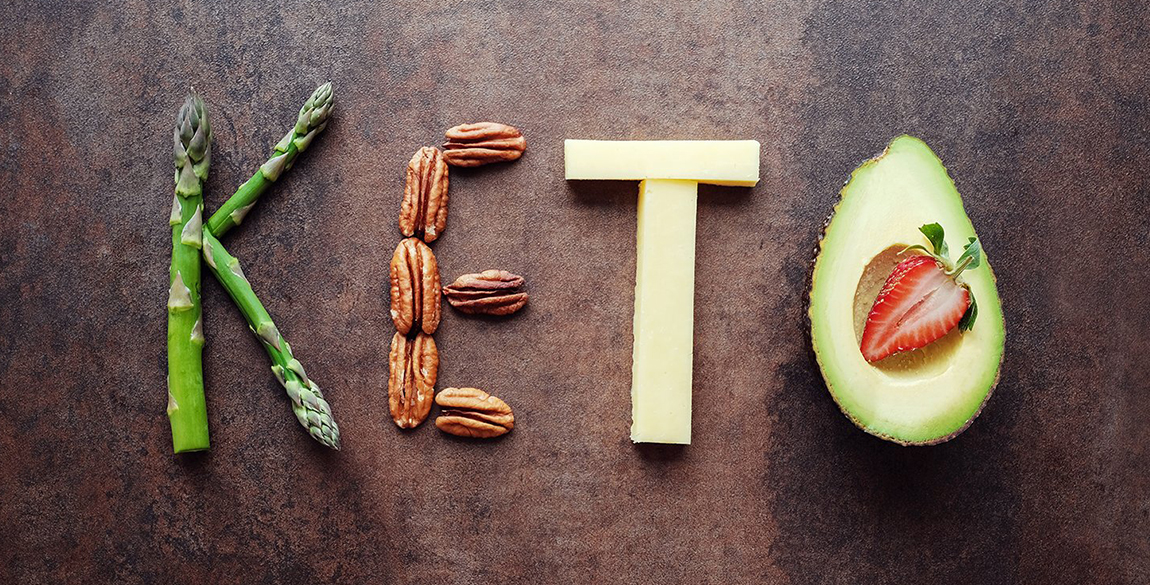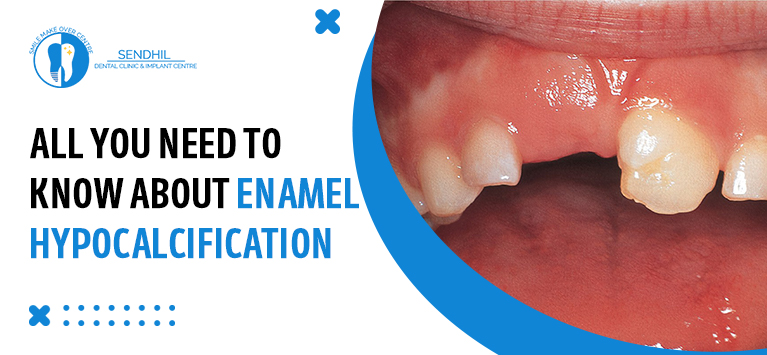
Why Do I Drool When I Sleep?
Key Facts
- Drooling while sleeping is common and usually harmless.
- It happens due to relaxed muscles, sleeping position, nasal congestion, or sometimes medical conditions.
- Babies start drooling, typically between 3–6 months, often linked to teething and muscle development.
- You can reduce drooling by changing sleeping position, treating congestion, staying hydrated, and practicing good oral health.
Have you ever woken up with your pillow damp and wondered, “Why do I drool when I sleep?” You’re not alone. Drooling in sleep is quite common for both children and adults, and while it’s usually harmless, it can sometimes point to an underlying issue.
In this blog, we’ll explain why drooling while sleeping happens, whether it’s normal, when it could be a sign of a medical condition, and tips on how to stop drooling in your sleep. We’ll also answer popular questions such as “Is drooling in your sleep a sign of diabetes?”, “Is drooling a sign of good sleep?”, and “When do babies start drooling?”
Table of Contents
What Is Drooling in Sleep?
Drooling, or sialorrhea, is when saliva unintentionally comes out of your mouth while sleeping. Your body naturally produces saliva throughout the day and night—it helps with digestion, keeps your mouth moist, and protects against bacteria.
Normally, you swallow saliva unconsciously. But during sleep, especially when lying on your side or stomach, your mouth may open, and saliva escapes instead of being swallowed. This is why many people notice drooling when sleeping.
Why Do People Drool in Their Sleep?
There are several reasons why drooling while sleeping happens. Some are perfectly normal, while others may require medical attention.
1. Sleeping Position
If you sleep on your side or stomach, gravity pulls saliva out of your mouth. Sleeping on your back usually reduces drooling since saliva stays at the back of the throat and is swallowed more easily.
2. Relaxed Muscles During Sleep
When you enter deep sleep, your facial and jaw muscles relax. This can cause your mouth to fall open, leading to saliva leakage.
3. Nasal Congestion
Blocked sinuses due to allergies, cold, or sinus infection force you to breathe through your mouth. This increases the chance of drooling when sleeping.
4. Acid Reflux or GERD
Gastroesophageal reflux disease (GERD) can increase saliva production, which may lead to excessive drooling in sleep.
5. Neurological Conditions
Conditions like Parkinson’s disease, stroke, or cerebral palsy may affect swallowing reflexes, leading to chronic drooling.
6. Medications
Some medicines (especially those for mental health or neurological conditions) can increase saliva production and cause drooling.
7. Dental or Jaw Issues
Misaligned teeth or bite problems can sometimes make it harder to keep your mouth closed, leading to drooling.
Is Drooling in Your Sleep Normal?
For most people, drooling while sleeping is completely normal and nothing to worry about. It usually happens occasionally when you are very tired, sleeping deeply, or congested.
However, if drooling is excessive, frequent, or embarrassing, it may be linked to a medical condition.
Is Drooling in Your Sleep a Sign of Diabetes?
A common question people ask is, “Is drooling in your sleep a sign of diabetes?” The simple answer is: not usually.
Excessive drooling is not a direct symptom of diabetes. However, diabetes can lead to conditions like neuropathy (nerve problems) or acid reflux, which may indirectly increase drooling. If you have other symptoms such as extreme thirst, frequent urination, or unexplained weight changes, consult a doctor for a proper check-up.
Is Drooling a Sign of Good Sleep?
Some believe that waking up with drool means you had a deep, restful sleep. There’s some truth to this.
During deep sleep, your muscles fully relax, including the jaw and facial muscles. This relaxation can make drooling more likely. So yes, drooling can be a sign of good sleep, but not always. If it happens often and excessively, it may indicate other issues.
When Do Babies Start Drooling?
Parents often notice their infants drooling a lot. So, “When do babies start drooling?”
Most babies begin drooling when sleeping or awake around 3 to 6 months of age. This is usually linked to teething and the development of oral muscles. Drooling in babies is completely normal and usually decreases as they grow older and improve their swallowing reflexes.
How to Stop Drooling in Your Sleep
If you want to know how to stop drooling in your sleep, here are some simple tips:
1. Change Your Sleeping Position
Try sleeping on your back to reduce saliva leakage.
2. Treat Nasal Congestion
Use saline sprays, humidifiers, or allergy medication to keep your nasal passages clear.
3. Stay Hydrated
Dehydration can thicken saliva, making drooling more noticeable. Drink plenty of water throughout the day.
4. Improve Oral Health
Good dental hygiene and correcting bite issues with orthodontics can sometimes reduce drooling.
5. Use Special Devices
In severe cases, doctors may recommend dental appliances that help keep the mouth closed during sleep.
6. Medical Treatment
For excessive drooling, doctors may prescribe medications, botox injections in salivary glands, or in rare cases, surgery.
When to See a Doctor About Drooling
Most cases of drooling in sleep are harmless. But you should see a doctor if:
- Drooling is frequent and excessive
- It interferes with daily life or causes embarrassment
- You have difficulty swallowing or speaking
- You notice other symptoms like reflux, choking, or breathing issues
A healthcare professional can identify the cause and suggest the right treatment.
Conclusion
So, “Why do I drool when I sleep?” The answer is usually simple—sleeping position, deep sleep, or nasal congestion. While drooling when sleeping is mostly harmless, it can sometimes be linked to medical issues like acid reflux, neurological conditions, or dental problems.
Remember, there are effective ways on how to stop drooling in your sleep—from adjusting your posture to treating nasal congestion. And while many ask, “Is drooling in your sleep a sign of diabetes?”, it’s not a direct symptom but should be checked if you have other concerns.
For babies, drooling is perfectly normal and usually linked to teething. For adults, occasional drooling may even mean you’re in deep, restorative sleep—so yes, sometimes drooling is a sign of good sleep.
If drooling becomes bothersome or excessive, don’t ignore it—consult your doctor to find the right solution.
Frequently Asked Questions
People drool in their sleep due to relaxed muscles, sleeping on their side, nasal blockage, or certain medical conditions.
In most cases, no. But chronic drooling could be a symptom of an underlying health issue.
Not always, but lifestyle changes, posture correction, and medical treatment can greatly reduce it.
Babies drool because of teething and immature swallowing reflexes. It is normal and improves with age.
Occasional drooling is harmless. But if it’s frequent, excessive, or accompanied by other symptoms, consult a doctor.


















